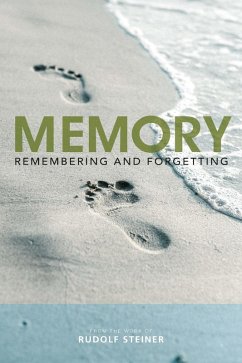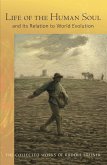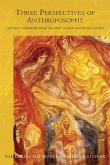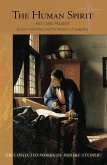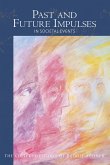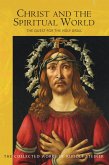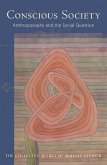Rudolf Steiner's research on memory, recollection and forgetting has many implications for the way we learn, for inner development and spiritual growth. This unique selection of passages from his works offers insights into how consciousness can remain autonomous and creative in a digital environment. It also provides ideas for improving education and emphasizes the importance of life-long learning.
Chapters include: 'The Development of Memory Throughout Human History'; 'The Formation of Memory, Remembering and Forgetting in the Human Individual'; 'Remembering and Forgetting in Connection with Education'; 'How Remembering and Forgetting are Transformed by the Schooling Path - Imagination and Inspiration'; 'Remembering Backwards (Rückschau) and Memory Exercises'; 'Subconscious Memories of the Pre-birth Period and of Life Between Death and a New Birth'; 'Memory and Remembering after Death'; 'The Development of Memory in the Future'.
Dieser Download kann aus rechtlichen Gründen nur mit Rechnungsadresse in A, B, BG, CY, CZ, D, DK, EW, E, FIN, F, GR, H, IRL, I, LT, L, LR, M, NL, PL, P, R, S, SLO, SK ausgeliefert werden.

